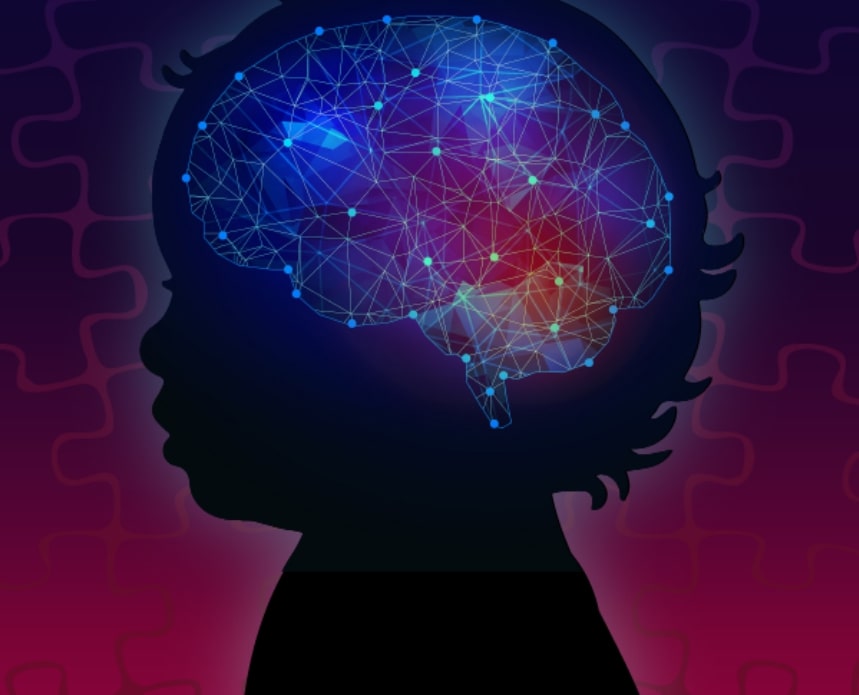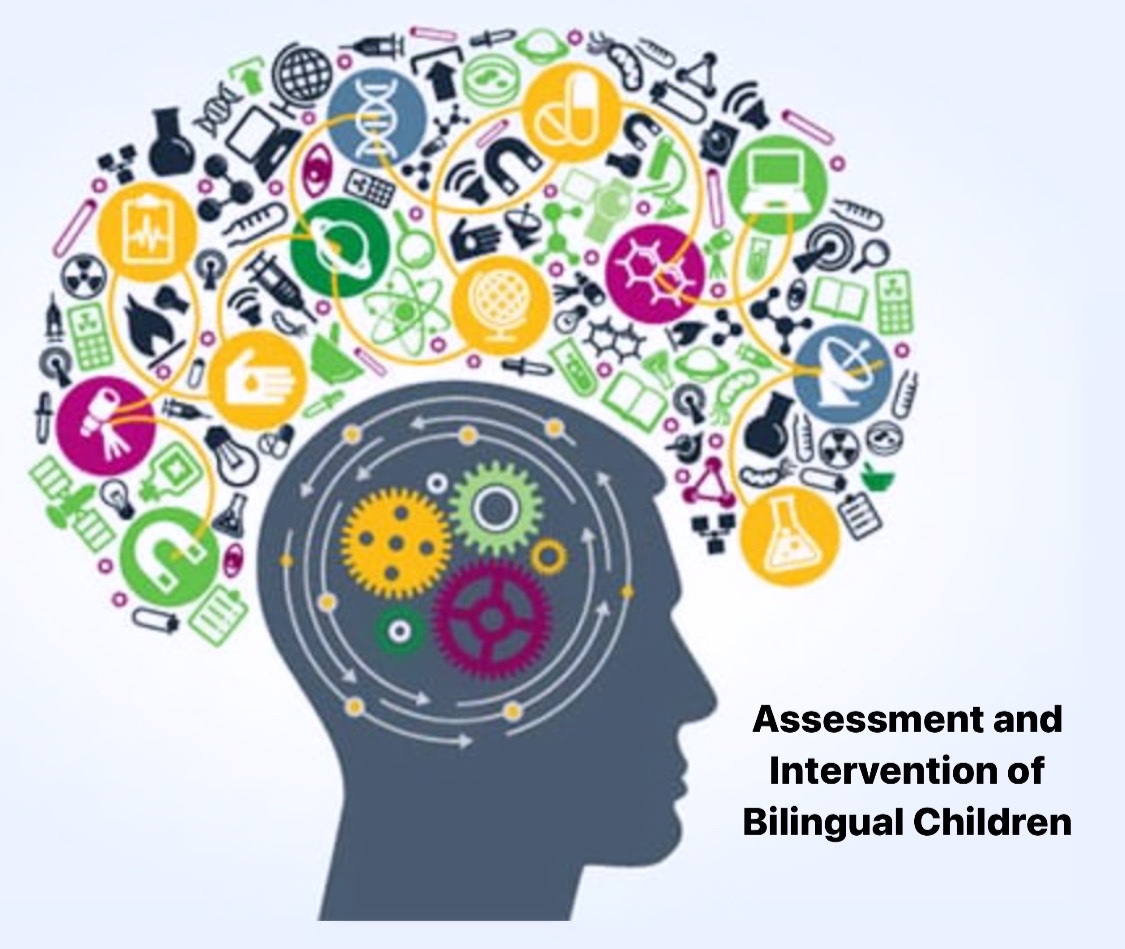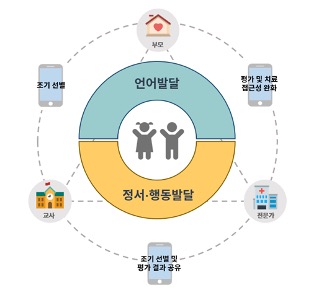@ EWHA WOMANS UNIVERSITY, SEOUL
We study how children learn language and also how language learning can break down. We take the perspective of language learning as part of a larger cognitive-linguistic learning profile. Thus, we examine how language learning and nonlinguistic cognitive processing are linked within fundamental learning mechanism and whether and how limitations in this mechanism potentially affect language difficulties in children. We invite both bilingual and monolingual children with and without language difficulties to help us answer our research questions. Our aim is to broaden our perspective on cognitive-linguistic theories of language learning and to achieve more accurate assessment and more effective intervention services for children who have language difficulties.

A set of cognitive processes that are necessary for the cognitive control and language learning

A specific impairment in the processing of linguistic information. including grammar, morphology, syntax, and the functional aspects of language, such as semantics and pragmatics

The use of two languages, either by an individual speaker or by a community of speakers

Evidence-based methods to improve speech and language skills
The process of measuring either the point of gaze or the motion of eyes for investigating the visual system
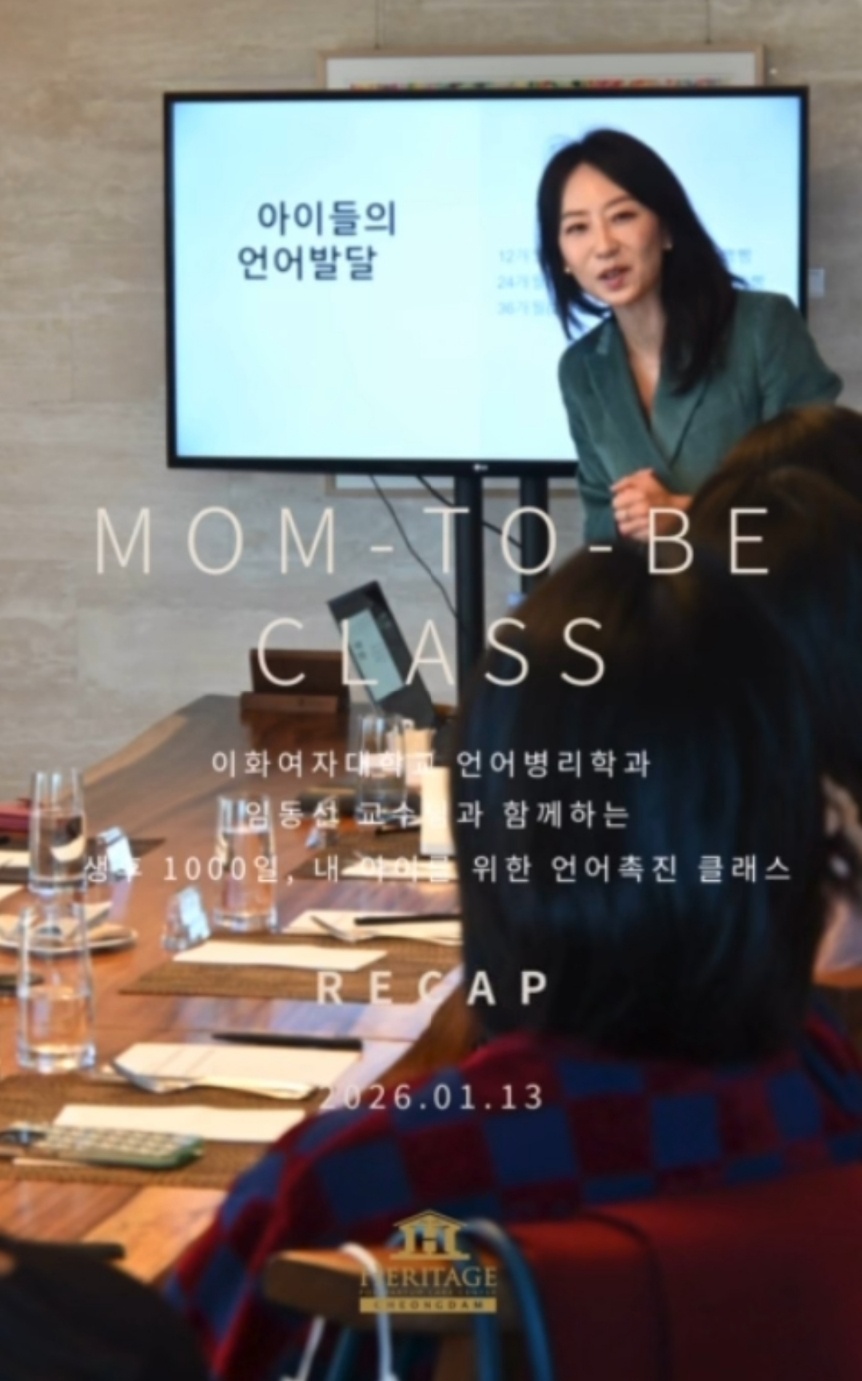
Dr. Yim led a Mom-To-Be Class on early childhood language development, sharing expert insights on supporting infants’ communication during the first 1,000 days of life.

Dr.Yim has been honored with a Minister of Education Award for outstanding contributions to the development and activation of Korea’s K-MOOC program.

Dr. Yim hosted a wonderful end-of-year party at CLL, bringing together lab members and alumni for an inspiring and heartfelt evening filled with laughter, meaningful conversations, and warm connections.

CLL researchers attended the 2025 ASHA convention at the Walter E. Washington Convention Center, Washington, DC. The convention was held November 20-22. Two oral presentations and seven poster presentations were presented.

Dr. Yim and CLL members enjoyed a fall walk. We shared delicious food, appreciated the refreshing weather, and had a great time strolling through the autumn streets.

CLL research team received the Outstanding Research Award at the 2025 KASA conference.

Dr. Yim conducted a professional training session for bilingual language coaches.

Dr. Yim participated as the keynote speaker at the SETU Seminar held on October 23 at the College of Education, a session in which she was invited as an outstanding teaching faculty member.
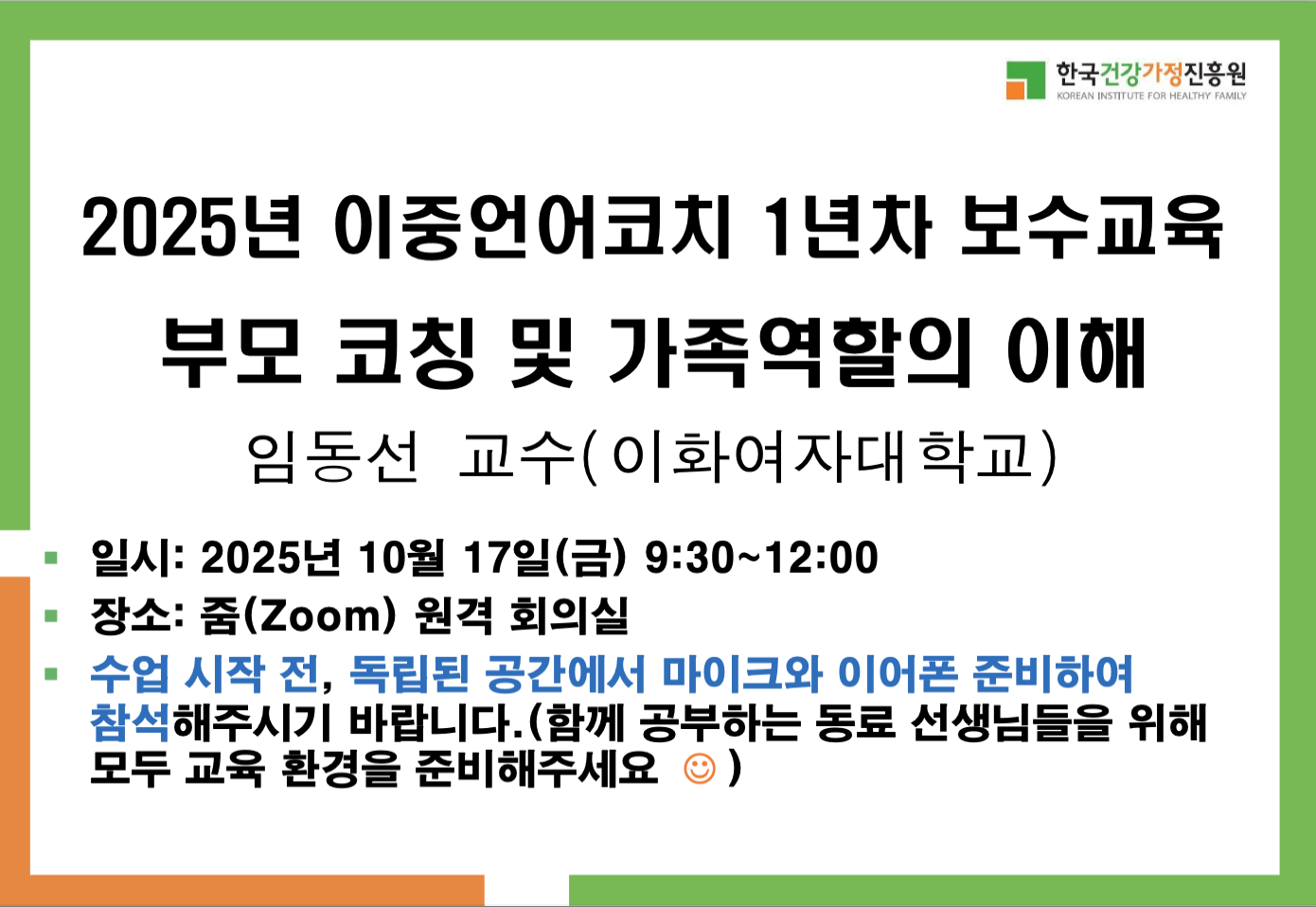
Dr. Yim led a professional development session, focusing on Parent Coaching and Understanding Family Roles
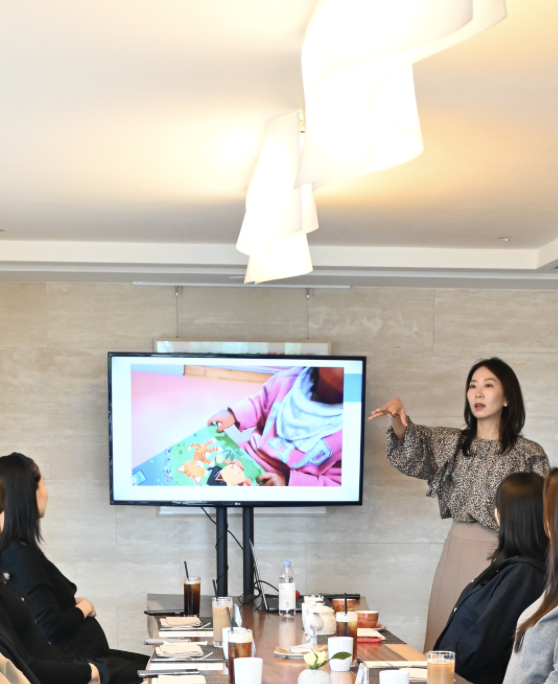
Dr. Yim hosted a language-stimulation workshop for mothers, focusing on strategies to enhance children’s communication skills.

